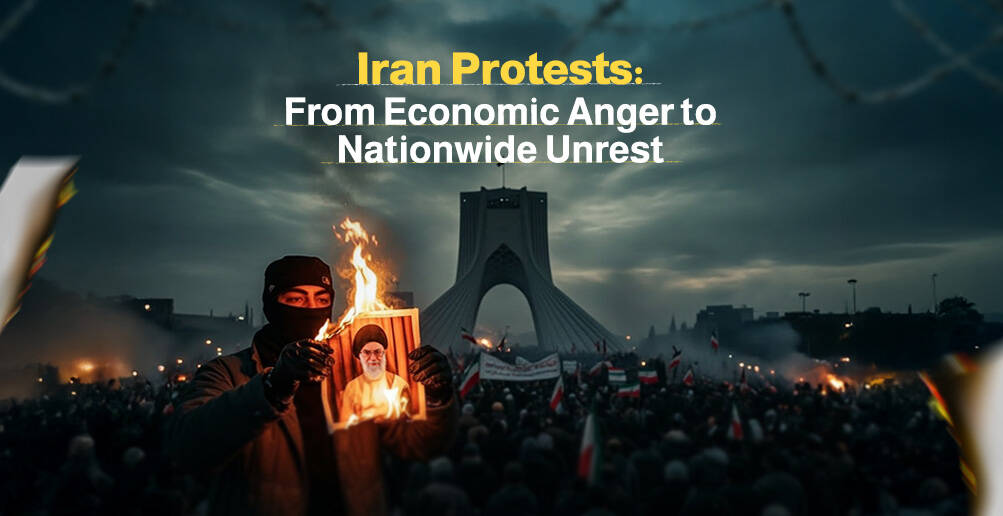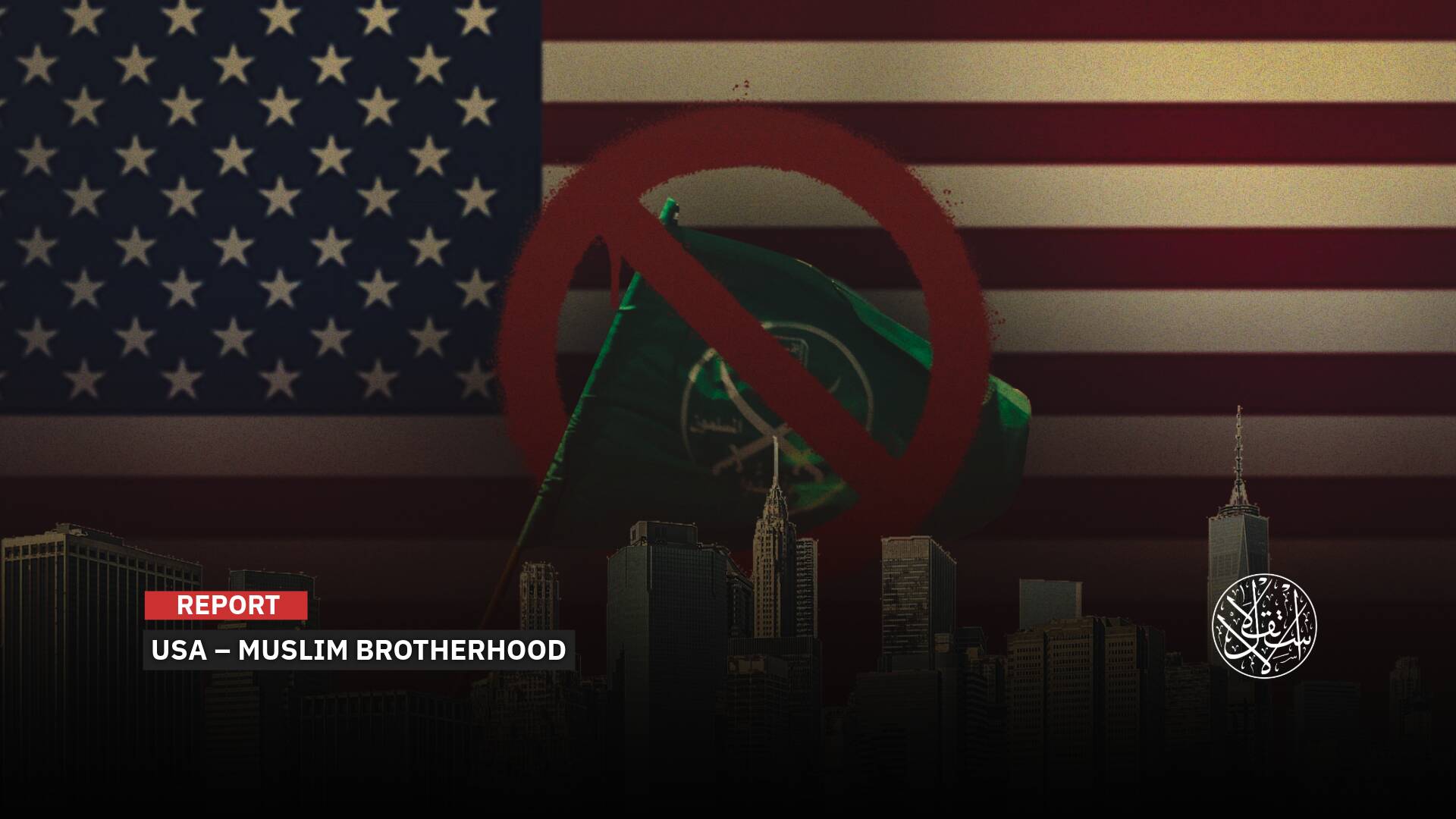Spanish Website: Mohamad bin Salman Must ‘Abandon His Ambitions’ to Solve the Yemen Crisis

Given the national and international context, there are many challenges and lines of action that can determine Yemen's future, including the ongoing war.
For the time being, Saudi Arabia lacks sufficient influence to resolve the dispute on acceptable terms.
However, Saudi Arabia has the potential to disrupt stability and the final solution to the conflict and the serious humanitarian crisis, according to the Spanish website Royal Elcano Institute. Saudi Arabia must therefore be part of a sustainable solution to both war and its humanitarian consequences.
Multiple Conflicts
Yemen has become the meeting place for countless conflicts, the site says. The course of the war in which he drowned dragged the poorest country in the Middle East into the most serious humanitarian crisis since World War II, according to the United Nations Office for the Coordination of Humanitarian Affairs.
Meanwhile, the replacement of Ali Abdullah Saleh's regime, in the context of the 2011 Arab uprisings, did not prevent the Houthi group's military advance on the capital Sanaa in 2014 and did not prevent the region from fragmenting into many spheres of influence.

On the other hand, since March 2015, the international coalition in Yemen has been unable to achieve these goals.
Its mission was to overturn the Houthi attack and restore the government authority envisioned by the GCC initiative in May 2011.
The current political map is far from a viable sovereign state, with the Houthis almost completely in control of the north of the country, the site added.
For its part, the government of President Abed Rabbo Mansour al-Hadi, from crisis to crisis, is grappling with the separatist aspirations of the Southern Transitional Council and attempts to integrate it into its alliance with the Islah party.
The website explained that socio-political formations and armed groups have spread throughout the country.
At the same time, outside intervention in Yemen affects the dynamics and balance of power between local factions and international efforts to stabilize the country.
Discounts have become flexible and overlapping, making it difficult to predict the behavior of different actors and the prospects for resolving the conflict.
Meanwhile, Joe Biden's arrival as U.S. president in January 2021 revived the international and regional drive for a cessation of hostilities, but the internal context remains mired in armed confrontation.
For its part, Saudi Arabia stands amid diplomatic efforts by the international community and factional fighting on the ground.
The site noted that the largest property in the Arabian Peninsula plays a central role in Yemen, as the leader of the military coalition -- and the economic blockade -- that came to save the government of Hadi, al-Houthi's main opponent and key interlocutor in negotiations and the political process.
Saudi Arabia's strategy, however, faces a clear paradox, showing its willingness to end its military campaign, but there are multiple factors preventing its withdrawal. In fact, this situation reflects the national security dilemma, but Saudi Arabia is not limited to protecting borders or critical infrastructure, because the security and survival of the regime are the key factors of the kingdom's policy.

Saudi Policy
The website reported that the Saudi decision to intervene using force in Yemen had a cover of legitimacy, at the request of the Yemeni transitional government.
However, the motives behind this intervention are more complex, and also explain why the kingdom continues to conflict.
On the other hand, U.S. policy toward the Middle East has repeatedly proven that it cannot be a guarantor of Saudi security.
Therefore, after the Saudi regime suffered geopolitical turmoil without tangible returns left over from recent years, the regime is exploring regional alternatives to allay its security concerns.
This change in Saudi policy has been evident since January 2021, when the siege imposed on Qatar since 2017 was ended, and new dialogue rounds with Iran and Turkey are under way.

The website said this initial tendency to give preference to diplomacy could lead Saudi Arabia to switch discounts on the Yemeni scene.
In fact, the kingdom is anxiously monitoring cooperation between the Houthis and Iran, which is based not only on a certain ideological convergence but on convergence of interests.
Saudi Arabia fears that the presence of Iran -- and Lebanon's Hezbollah -- south of its borders could become a permanent threat to its security and stability.
In this situation, Saudi Arabia wants to weaken these links or at least bring them under control.
In addition, Yemen’s geostrategic importance and historical sense of importance to its northern neighbor.
In particular, Riyadh considers it a "back yard", in which Saudi Arabia must be the prominent external actor.
As a link between the Indian Ocean and the Red Sea, and between the Arabian Peninsula and the Horn of Africa across the Bab al-Mandab Strait, Yemen attracts different types of security and economic interests.
This makes the Saudis compete with both opponents and allies for it.
Changes and Restrictions
The site reported that the war in Yemen highlighted the break with Saudi foreign policy of military performance and direct confrontation.
The promotion of extremist nationalism "from above", since the beginning of king Salman bin Abdul Aziz's reign in 2015 and the arrival of Crown Prince Mohammed bin Salman, has redefined the relationship between the regime and society and the principles of foreign policy.
In this sense, the intervention in Yemen was an opportunity to stir up national enthusiasm and a means of expressing citizens' loyalty to their leaders.
It was aimed at demonstrating Saudi Arabia's regional leadership, which was an ambition and a personal project for the Crown Prince.
The search for such leadership and the means chosen to achieve it reflects the centrality of the kingdom's "status" problem.
In particular, the Crown Prince was restructuring decision-making within the system around his person.
At the same time, the need to strengthen his image abroad and consolidate his local authority has affected the decision to intervene militarily.
Today, the same desire to maintain national and international status prevents withdrawal without achieving a result that can be presented as a "victory" or "no defeat" for face-saving.
The site noted that the kingdom's losses in Yemen were enormous, and the consequences of its intervention were catastrophic at all levels.
In the face of such a scenario, the monarchy has been trying for nearly two years to forge a viable solution to the conflict.
However, he is unable to assert his authority to end the war without facing damage to his security and prestige.
The website noted that the international context needs a new impetus to stabilize and end the conflict, but the U.S. diplomatic initiative, which was already among Biden's election promises, risks becoming a fleeting attempt.
Coinciding with the deteriorating general situation and the intensification of fighting, the conflict will continue if Saudi Arabia does not conclude a series of guarantees about its security and status and accept Yemen’s emerging political balance.









